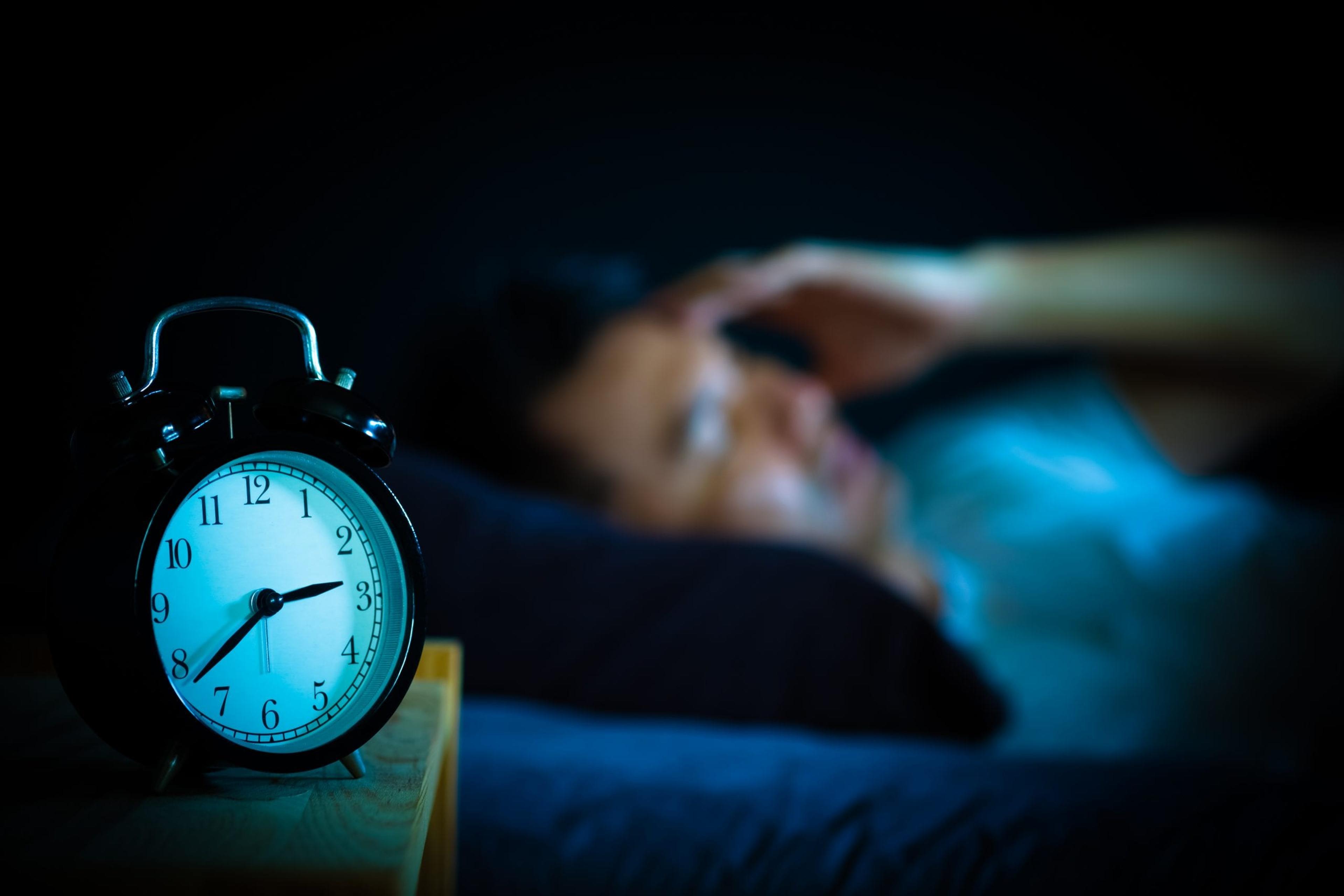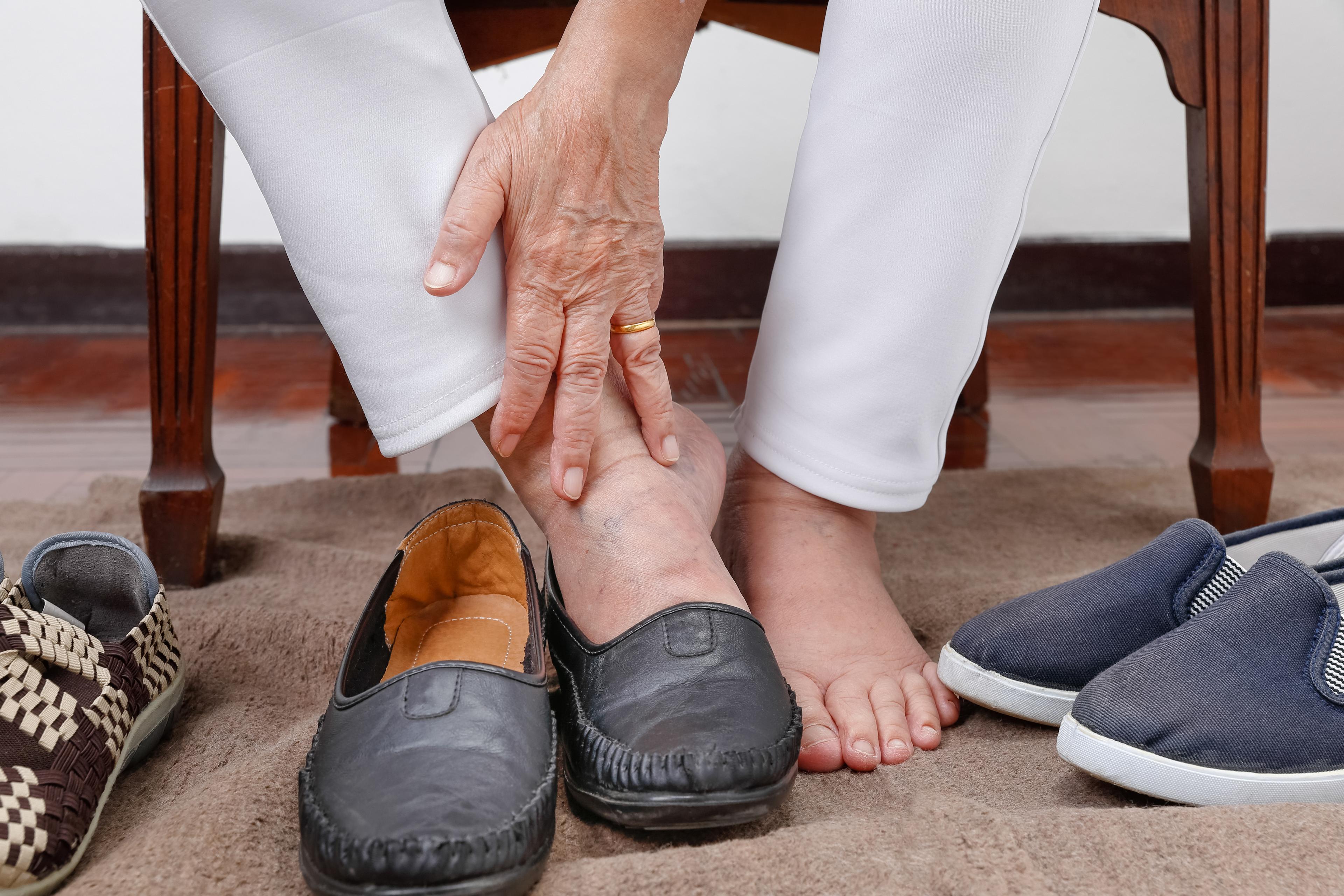“COVID-somnia”: Pandemic Tied to Increase in Sleep Disturbances
Julie Bitely
| 4 min read

Have you found yourself tossing and turning more often at night since the COVID-19 pandemic began? If you sleepily answered ‘yes’, you’re not alone. Sleep specialists have reported a rising number of sleep disturbances, even coining the phenomenon “COVID-somnia.” Early in the pandemic, prescription rates for sleep disorder medications rose by more than 14%. Fear about contracting the virus, stress over work, school and changes to routine and increased social isolation are contributors to the rise in insomnia, which is characterized by having trouble falling asleep or staying asleep. Changes to sleep patterns brought on by changed work schedules are another likely culprit.
Good sleep is foundational to good health
While losing a night of sleep here and there won’t lead to long-term problems, chronic sleeplessness can lead to both physical and mental health problems. “Sleep affects nearly every system in the body from the brain, heart and lungs to metabolism, mood and immune function,” said Dr. Kristyn Gregory, a medical director of Behavioral Health at Blue Cross Blue Shield of Michigan. “Lack of quality sleep can increase the risk of many disorders including hypertension, diabetes, obesity and depression.” Prolonged sleep deprivation has been tied to increased stress and rates of anxiety and depression. Insomnia has also been associated with diabetes, pain, breathing problems, movement disorders, cardiac issues and autoimmune disorders. Sleep is also critically important to your immune system. Studies have linked poor sleep and lack of sleep with a lower resistance against viruses like the common cold. Unfortunately, losing sleep due to worries about the pandemic can make you more susceptible to it.
Tips for good sleep hygiene
Focusing on your sleep habits can often help you improve the quality and quantity of sleep you’re able to get. The Centers for Disease Control and Prevention recommends:
- Establish a sleep schedule. Set consistent times that you go to bed and wake up every day, even on weekends.
- Set the scene. Focus on making your bedroom quiet, dark and relaxing. Many experts recommend keeping the temperature in your room cooler, around 65°F, for optimal sleep.
- Turn off electronics. If you can, remove the temptation to engage in screen time by making bedrooms a no-electronics zone – that includes TVs, computers and yes, your smartphone. If the news on social media is causing emotional stress, consider limiting your time on apps that make you feel anxious or angry.
- Be mindful of food and drink. Caffeine and alcohol can disrupt sleep, as can large meals. Keep meals light before bed and consider snacks thought to promote sleep such as certain nuts, turkey and herbal teas.
- Exercise. Studies have found that exercise can improve sleep quality and help people fall asleep faster.
When to seek professional help
Sometimes sleep disturbances can’t be solved through simple adjustments to your routine. If a lack of sleep is affecting your everyday life by making it hard to concentrate, causing memory issues or making it hard to control your emotions, it could be time to talk to your doctor. Before the appointment, your doctor might ask you to keep a sleep diary that tracks when you went to bed and woke up, sleep quality, what you ate or drank before bed and things like your emotional state, physical activity and any medications you’re taking. While working with your doctor or a sleep specialist, cognitive behavioral therapy could be recommended to work through underlying anxiety and other issues that might be undermining your sleep. Prescription sleep aids are typically a last resort and are usually only prescribed for short-term relief in cases of acute insomnia. Long-term use of sleep medications can interfere with normal sleep processes and result in misuse, abuse or dependence. Have you experienced insomnia, night terrors or other sleep disturbances related to the pandemic? How are you coping and what has worked for you? Share with us in the comments. Related:
- How the Shift in Daylight Hours Affects Sleep
- The Dangers of Fatigue at Work
- COVID-19 and Mental Health
Photo credit: yanyong





